In the intricate web of marine electronics, NMEA networks stand as the backbone of communication, facilitating the exchange of critical data among onboard devices. Within this network, data buffering plays a vital role in ensuring the integrity and reliability of information transmission. Let’s delve into the significance of data buffering within NMEA networks and how it enhances efficiency and reliability.
Importance of Data Integrity: Prevents Data Loss
Data integrity is paramount in maritime operations, where accurate information can mean the difference between safe passage and disaster. By buffering incoming data packets, NMEA networks safeguard against data loss or corruption, ensuring that every piece of information reaches its destination intact.
Smooth Data Transmission: Ensures Continuous Flow
Smooth data transmission is essential for maintaining situational awareness and making informed decisions onboard. Buffers regulate the flow of data, preventing bottlenecks and ensuring a continuous stream of information between devices, even during peak usage periods.
Error Handling: Minimizes Communication Errors
Communication errors can disrupt navigation and compromise safety. NMEA buffers include error-handling mechanisms that detect and correct transmission errors, minimizing the risk of miscommunication and ensuring reliable data exchange between devices.
Increased Network Reliability: Reduces Network Congestion
Network congestion can hamper data transmission and impede critical operations. By temporarily storing and managing data packets, buffers alleviate network congestion, enhancing the reliability and efficiency of NMEA networks, especially in environments with multiple interconnected devices.
Scalability and Flexibility: Easy Integration with Various Devices
NMEA buffers offer scalability and flexibility, accommodating a wide range of devices and protocols. Whether it’s GPS receivers, chartplotters, depth sounders, or AIS transponders, buffers seamlessly integrate with diverse onboard instruments, fostering interoperability and adaptability.
Cost Efficiency: Saves on Hardware Expenses
In addition to their functional benefits, NMEA buffers offer cost efficiencies by reducing the need for redundant hardware. By consolidating data management functions within a single device, buffers streamline system architecture, minimizing equipment costs and optimizing resource allocation.
Conclusion: Buffers Enhance Efficiency and Reliability
In conclusion, NMEA buffers are indispensable components of marine electronics systems, enhancing efficiency and reliability in data transmission. By ensuring data integrity, facilitating smooth communication, handling errors, reducing network congestion, offering scalability and flexibility, and promoting cost efficiency, buffers play a crucial role in optimizing the performance of NMEA networks. As vessels navigate the vast expanse of the ocean, the reliability and efficiency afforded by NMEA buffers empower sailors to navigate with confidence, leveraging the full potential of their onboard systems to conquer the challenges of the maritime domain.

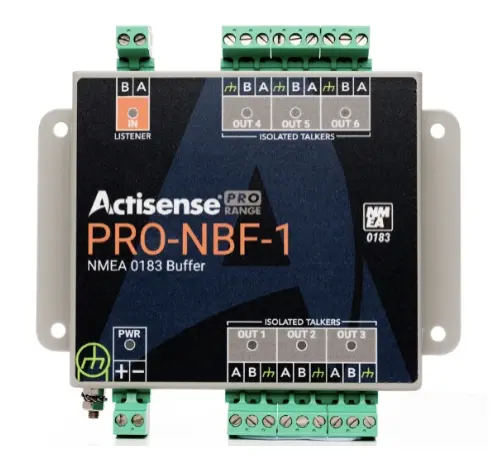
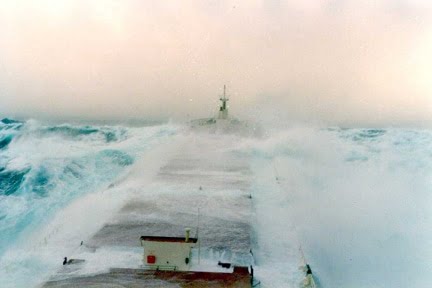
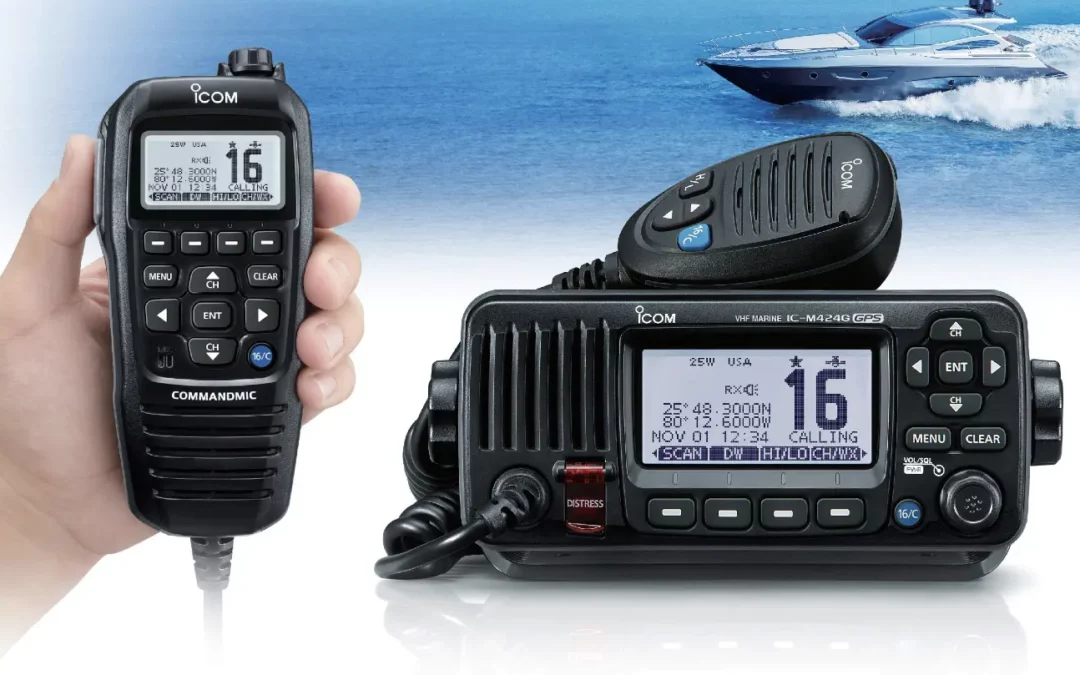
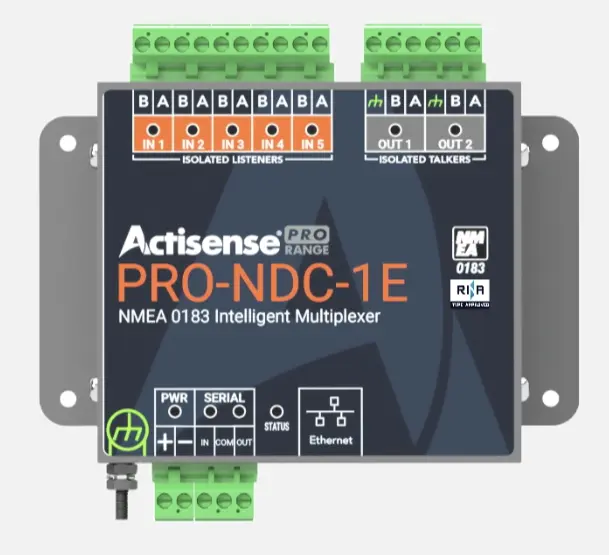
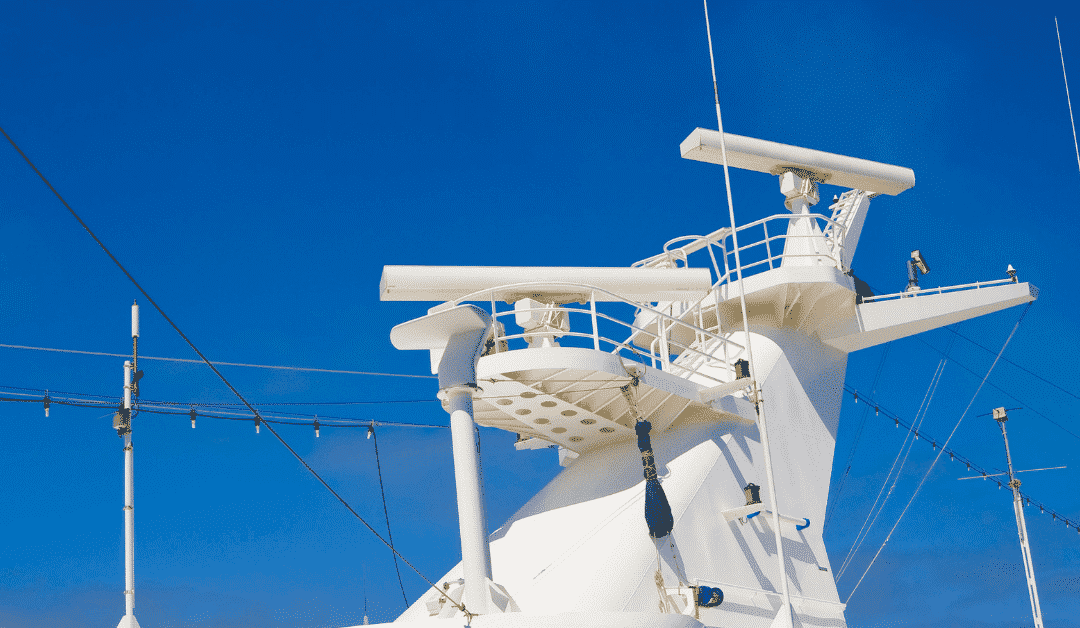
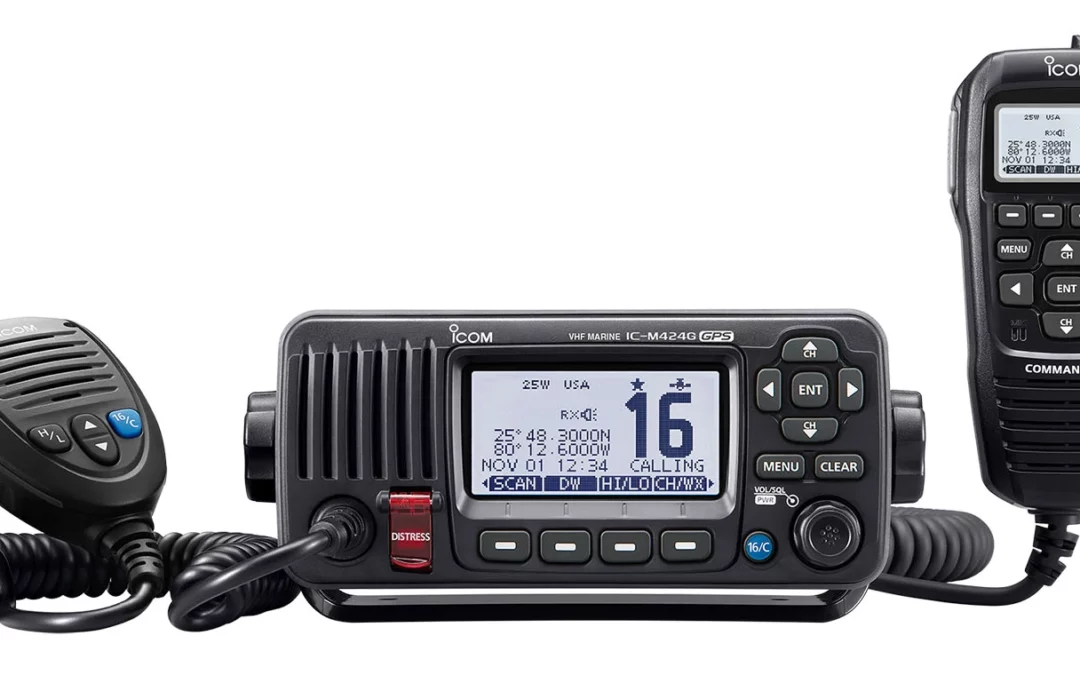

0 Comments